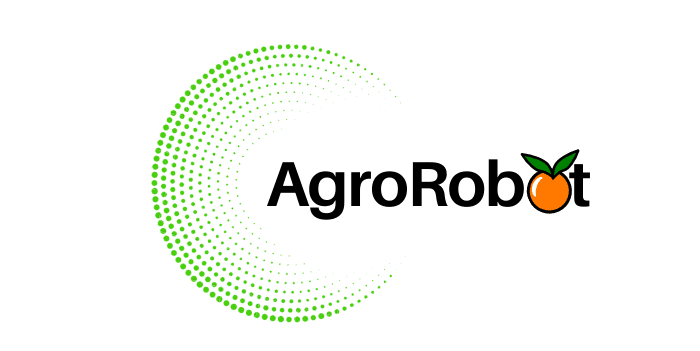Latvian startup AgroRobot has built an intelligent weed-pulling robot

The company’s innovative solutions could change the future of agriculture. Their products, partially automated and fully automated weeding devices, address labour shortages, improve productivity and optimize costs for farmers. The company hopes that, in future, their robots will become indispensable assistants in farming significantly streamlining work in the sector which has recently undergone rapid changes.
Recently AgroRobot brought to market two products that have generated a lot of interest in Latvia and the Baltic region. The first of these is a weeding device – a technology already known on the market, it is manually operated while still optimising the use of time and resources. The second product is an innovation unlike any other – a fully automated weed-pulling robot with cameras and artificial intelligence (AI) algorithms that can independently distinguish weeds from cultivated plants and exterminate them without human intervention.

Aleksejs Mališevs, founder of AgroRobot, explains that shortage of workers is one of the main reasons why the company’s solutions have generated such widespread interest. “It is becoming increasingly difficult for farmers to find people willing to work for salaries they can offer. Unfortunately, it has become a regular occurrence that fields are not weeded or harvested in time because of labour shortages resulting in significant losses. Moreover, work in agriculture is often seasonal and physically demanding,” Mr. Mališevs explains. Automated solutions allow farmers to efficiently manage both costs and time.

Technological development and application in agriculture
The device created by AgroRobot pulls weeds from the soil using soil-loosening toolheads that can precisely bypass cultivated plants while exterminating weeds. This technology is especially well-suited for plants with rich foliage, such as black currants, pumpkins, cabbage and strawberries. The robot can operate without an internet connection which is an important factor in the countryside where availability of web connectivity is often limited.
The company is currently focusing on the Baltic region where the agricultural sector has shown a great deal of interest. Mr. Mališevs notes: “Working conditions in the countryside are harsh and it is becoming increasingly difficult to attract employees. Our robots are designed to help farmers address these challenges, and we see a lot of potential in expanding the application of this technology to other plant species with less foliage.”

AgroRobot uses machine learning and image recognition technologies to accurately distinguish between cultivated plants and weeds. The development of the robot required plenty of time to ensure that it can do its job accurately and efficiently without harming cultivated plants. “It was important to develop algorithms that allow the robot to properly react to the movement of the tractor that is pulling it and various other factors to ensure that cultivated plants are not harmed in the process,” Mr. Mališevs explains.
Development plans and state aid
To boost its growth, AgroRobot has obtained support from the Investment and Development Agency of Latvia (LIAA) by taking part in the LIAA business incubator in Daugavpils. This provides the company with financial and practical assistance, including grants for building prototypes, purchasing equipment and covering other expenses. The founders of the company have a background in agriculture, therefore they have a first-hand understanding of the needs of farmers and the challenges they face.
In future, AgroRobot is planning to expand the application of their technologies, venturing beyond weed-pulling into other agricultural processes. Thanks to the robot’s ability to analyse plants and its surroundings, in future, it could also assist in analysing the number of cultivated plants, forecasting yields and identifying various plant diseases. The company is currently preparing for the spring of 2025 when the first customers will be able to purchase their automated weeding devices.

Since 2024, the Business Incubation Aid Program has been implemented by LIAA representative offices in Latvia and any company up to the age of 5 operating in the supported sectors can apply for the programme.
This article has been produced with financial support from the European Regional Development Fund, Small and Medium Enterprises Programme, Incubator Subproject.
